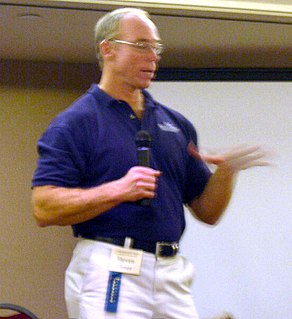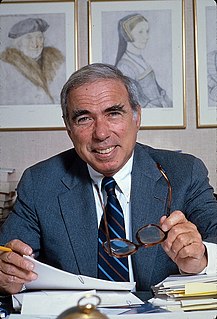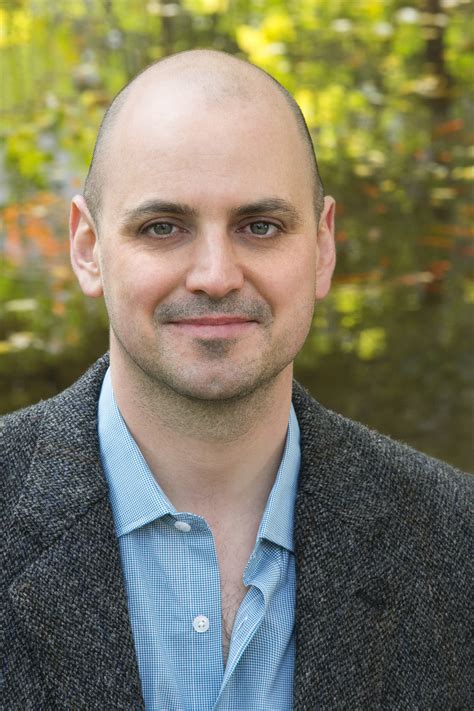A Quote by Margaret Fuller
Very early, I knew that the only object in life was to grow.
Related Quotes
Object in/ and space - the first impulse may be to give the object - a position - to place the object. (The object had a position to begin with.) Next - to change the position of the object. - Rauschenberg's early sculptures - A board with some rocks on it. The rocks can be anywhere on the board. - Cage's Japanese rock garden - The rocks can be anywhere (within the garden).
The idea that boxing lends itself to cinema so well is because it's usually a morality play - good against evil, insecurity and triumph, fear strikes out, so the audience can really get drawn into the drama of it. Also, it was sensual and very primal. I think subliminaly we do two things - life is a fight, life is a struggle and we understand that from our early, early, early ancestors, and life is a race.



































